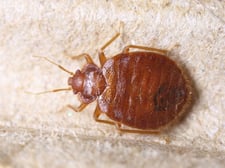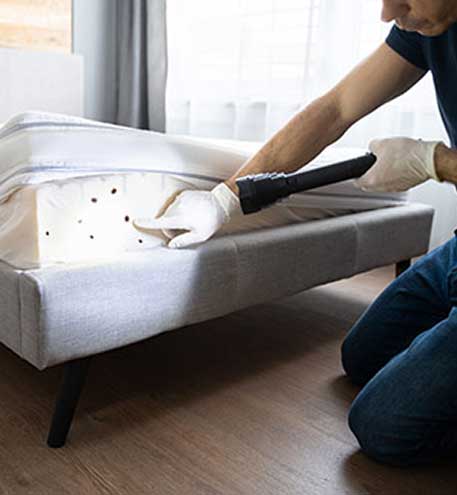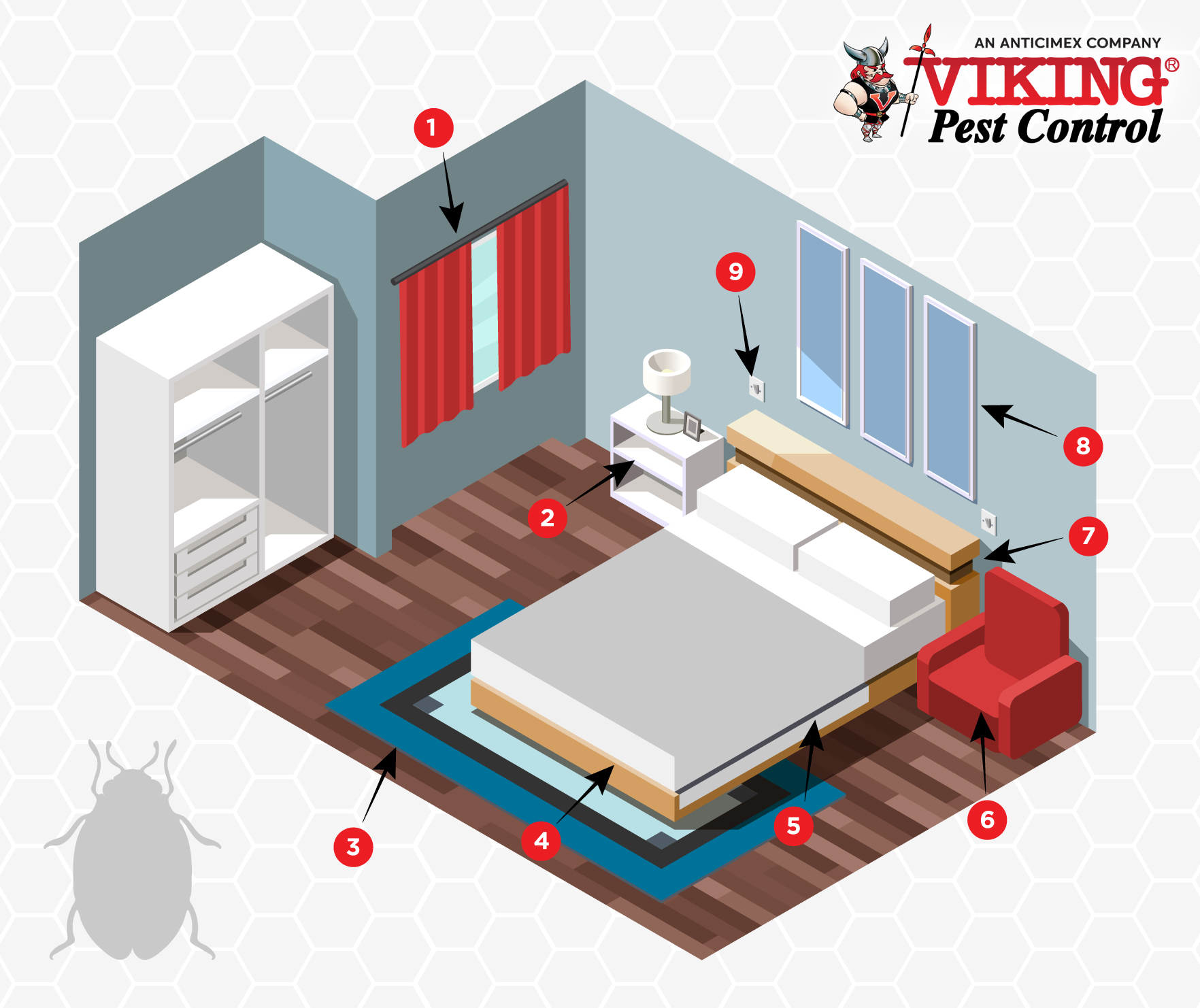Kings Cincinnati Pest Control Companies: Reliable Services
Kings Cincinnati Pest Control Companies: Reliable Services
Blog Article
Sorts Of Parasite Control: Which Method Is Right for Your Invasion?
When confronted with a parasite invasion, the option of an ideal method for parasite control is essential in properly managing the situation. From chemical treatments to organic remedies, there exists an array of strategies that can be employed to deal with various sorts of bugs. Each approach comes with its very own set of considerations and advantages, making the decision-making process a nuanced one. Understanding the nuances of each technique and assessing their compatibility with the details parasite infestation at hand is vital for attaining long-term success in insect administration. By discovering the various kinds of insect control techniques available, people can make informed choices tailored to their distinct situations, making sure a much more reliable and lasting end result in bug obliteration.
Chemical Pest Control
Chemical parasite control includes the usage of artificial or normally acquired chemicals to manage and get rid of pest populaces properly. This technique is typically used in farming, forestry, and property settings to battle a large range of pests, consisting of pests, rodents, and weeds. The usage of chemical pesticides can supply fast and targeted solutions to pest problems, making it a preferred selection for many individuals and organizations.
One of the essential advantages of chemical bug control is its ability to promptly remove bugs, minimizing the risk of damage to crops, residential property, and human health and wellness. By utilizing certain chemicals that target certain pests, this method can properly regulate invasions while decreasing damage to beneficial microorganisms and the atmosphere when applied correctly.
Nevertheless, the usage of chemical parasite control also raises concerns about possible unfavorable results on non-target species, water sources, and human health and wellness. It is vital to comply with safety guidelines, apply chemicals responsibly, and think about alternate parasite control techniques to lessen these dangers and make certain lasting parasite monitoring practices.
Biological Bug Control
Biological bug control, also referred to as biocontrol, makes use of living organisms to lower and take care of bug populations normally. This approach uses the power of nature to regulate pests without the demand for synthetic chemicals. Biocontrol can entail the intro of all-natural enemies of the bug species, such as microorganisms, predators, or bloodsuckers, to subdue bug populaces. By utilizing the pest's all-natural predators or pathogens, organic bug control provides a lasting and environmentally pleasant remedy to pest management.

Mechanical Pest Control
Using manual and physical methods to take care of parasite populaces, mechanical insect control provides an alternative method that does not count on using living organisms or artificial chemicals. This approach involves the use of barriers, catches, or various other gadgets to physically hinder or get rid of pests. By blocking insect entry factors or establishing catches to capture them, mechanical parasite control can successfully decrease invasions without introducing chemicals right into the environment.
One usual instance of mechanical pest control is making use of mesh displays on doors and home windows to protect against pests from entering structures. This straightforward yet efficient technique acts as a physical barrier, maintaining bugs out while enabling proper ventilation. Furthermore, gadgets like mousetraps, fly swatters, and ultrasonic repellents fall under the mechanical pest control group.
While mechanical parasite control methods can be labor-intensive and need normal monitoring and maintenance, they supply a eco pleasant and lasting option for handling bug infestations. By integrating various mechanical strategies, home owners can produce a detailed pest control approach that reduces dependence on chemical pesticides.
Physical Insect Control

Some usual physical pest control approaches consist of using obstacles such as webs or screens to avoid bug entrance, catches to capture and eliminate insects, and hand-picking to literally eliminate insects from plants or structures. Additionally, strategies anchor like heat treatments can be made use of to control parasites like bed bugs by elevating the temperature level to degrees that are dangerous to the bugs.
Physical insect control is specifically useful in integrated parasite management (IPM) methods, where numerous pest control techniques are incorporated for efficient bug monitoring while reducing the use of chemicals. By making use of physical bug control strategies, individuals can efficiently resolve bug infestations with minimal ecological impact.
Integrated Pest Management
When implementing physical pest control methods as part of parasite administration strategies, Integrated Bug Management (IPM) arises as a detailed method that leverages different strategies to effectively manage pest populations. IPM focuses on long-term prevention of bugs through a combination of biological, social, physical, and chemical devices tailored to specific insect concerns. By incorporating multiple control strategies, IPM aims to imp source reduce the dangers linked with insects while additionally minimizing reliance on chemical solutions.
One trick element of IPM is the focus on surveillance and examining pest populaces to establish the most suitable control approaches. This proactive approach allows for early intervention and targeted approaches, resulting in more effective insect management. Furthermore, IPM advertises eco-friendly techniques by prioritizing non-chemical control methods and only using chemicals as a last option.
Conclusion

By making use of the insect's natural killers or microorganisms, organic insect control offers a lasting and eco pleasant remedy to pest management. - Kings Bed bug exterminator Cincinnati
Utilizing physical and hands-on methods to handle insect populaces, mechanical pest control provides an alternate technique that does not rely on the usage of living organisms or synthetic chemicals.An efficient technique to managing pest populations without depending on chemical or organic approaches includes the usage of physical insect control methods.When carrying out physical pest control methods as component of pest administration techniques, Integrated Parasite Management (IPM) emerges as an extensive method that leverages numerous methods to efficiently additional hints regulate pest populations. Chemical pest control involves the use of chemicals, biological insect control makes use of all-natural predators, mechanical bug control involves physical obstacles, physical parasite control includes trapping or getting rid of parasites, and integrated pest management incorporates several methods for an all natural strategy to pest control.
Report this page